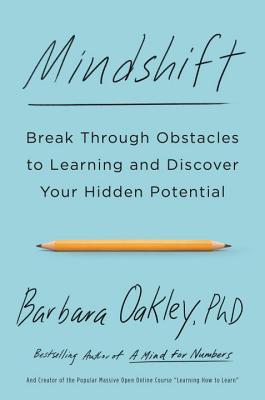What do you think?
Rate this book


304 pages, Paperback
First published April 18, 2017
...When we are in our twenties, we think, "I could have been a first-rate guitarist if I'd just started when I was a kid!" When we reach age sixty, we look wistfully back at the more open possibilities of our thirties. We forget that when we were in our thirties, our options often seemed equally limited. Even college freshmen look with envy on other students who began studying French, physics, or philosophy in high school....
